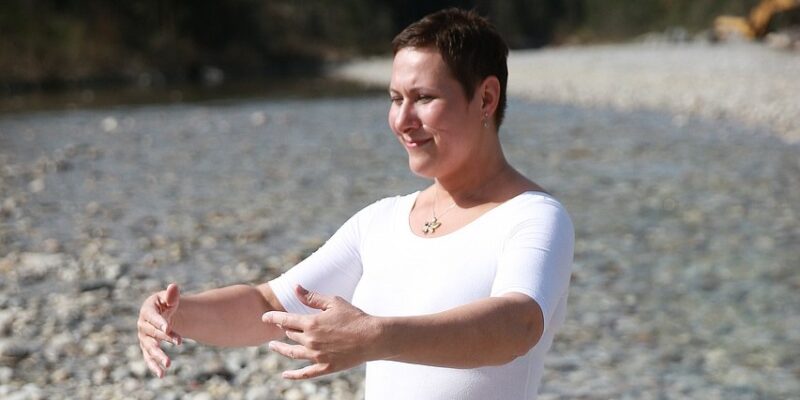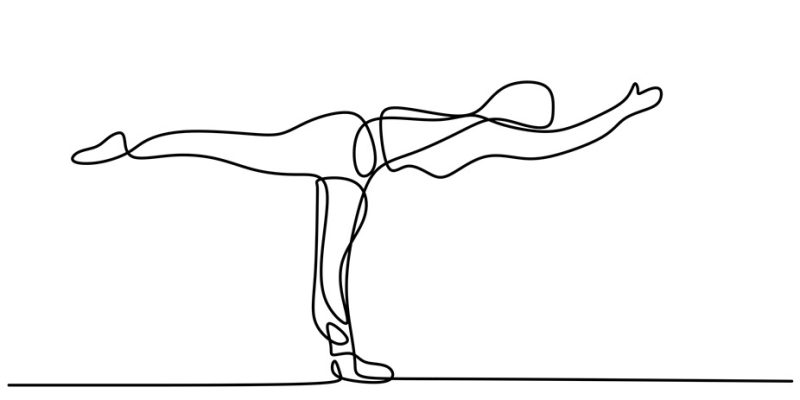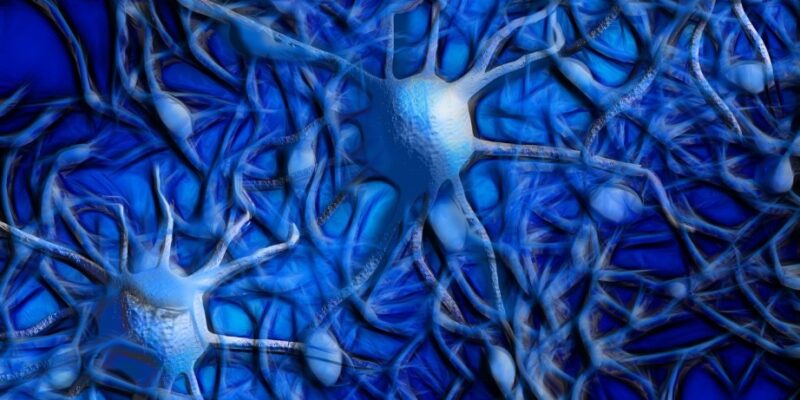
Although Jacquelyn Small developed the Eupsychia Integrative Breathwork program in 1991, the term Integrative Breathwork today is often used by a variety of Breathwork facilitators to define their work in a more general way.
Overall, one could say that the label Integrative Breathwork is a reference to the fact that — apart from the use of breathing techniques and practices — the Breathwork sessions integrate various other techniques and methods. In fact, the work characteristically leans on the concepts, methods, and techniques used in Holotropic Breathwork.

Most of the time, the work consists of accelerated, circular and connected deep breathing techniques, supplemented by stimulating and evocative music, intentional touch, bodywork, exercises, creating art work (such as spontaneous painting, Mandala work, and so on), meditation, visualizations and imagery.
The sessions are often aimed at inducing Catharsis i.e. inviting trauma and emotional release, and creating a fertile momentum for insight in personal issues and personal growth. If Integrative Breathwork is facilitated by a professional psychotherapist it may be accompanied i.e. combined with talks and psychotherapy sessions.
It’s thought that the benefits of Integrative Breathwork may include alleviation or healing of depression, anxiety, stress, fears, anger, grief, and emotional trauma, while giving space for personal development, increased creativity, and spiritual awakening.



















